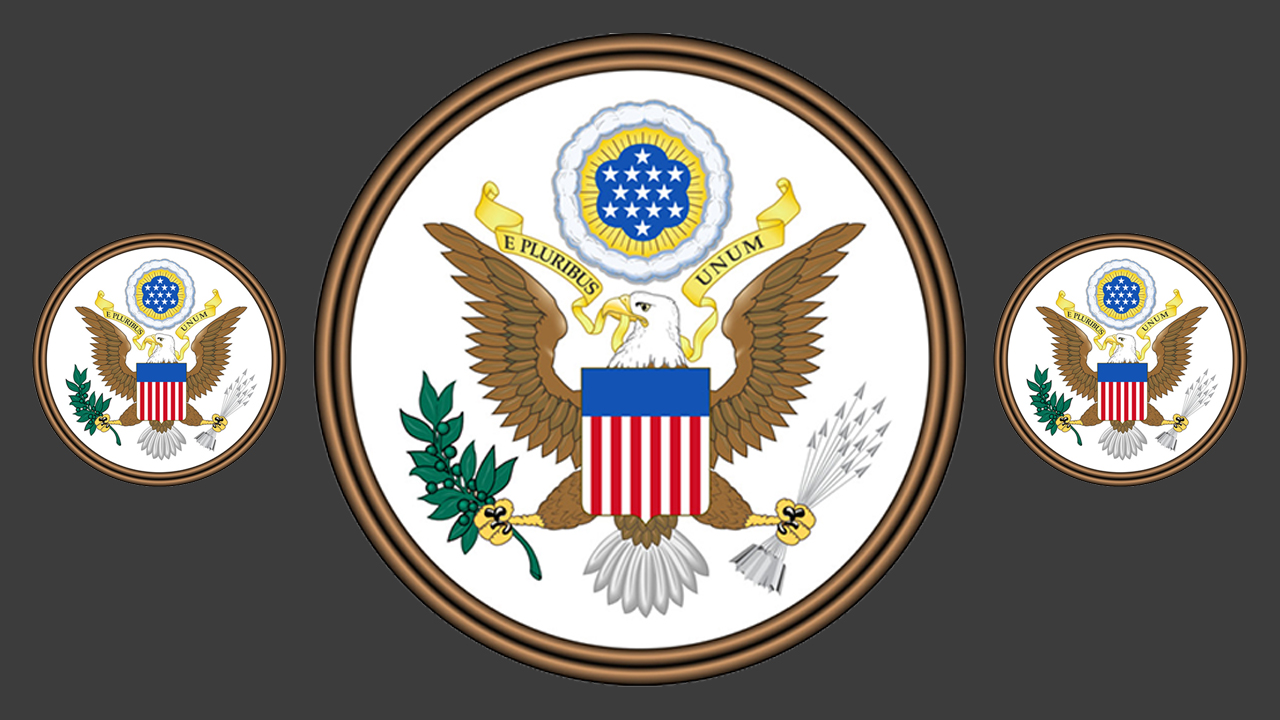Today, the American Health Policy Institute (AHPI) releases “How the Government as a Payer Shapes the Health Care Marketplace,” an analysis of the number of ways the federal government, as the largest single payer of health care in the United States, shapes and moves the health care marketplace. The study examines several key health policy trends highlighting this significant role government plays as payer: by acting as primary payer of the insurance industry, which has spurred the recent “merger mania;” by encouraging businesses to serve as test cases for government preferred payment models such as bundled payments and ACOs; by setting reimbursement rates to providers; and by establishing insurance premiums by using the ACA exchange plans to serve as benchmarks for private plans.
According to the study, these various ways in which the U.S. government in its role as payer attempts to influence U.S. health care beg the question of what other players in the space will do in response—and what this could possibly mean for the nation’s health care system in the future. Other players in the marketplace, including health care providers, insurance carriers, and pharmacy benefit managers (PBMs), are already reconsidering their respective roles and strategies to see if they, too, have the ability to consolidate and use collective influence. Other entities, such as employers, may follow as well. In the process, these consolidating entities may change the face of health care as we know it.
The key question is whether the changes undertaken by these players will, together with government, enhance or detract from the widely proclaimed goal of better quality of health care at a more affordable cost. Dr. Tevi Troy, President of the American Health Policy Institute and author of the study, said: “Employers, for example, have limited influence on the health care marketplace when navigating the system as individual entities. Yet, they collectively cover far more lives than the government.
In providing coverage for about 54 percent of covered Americans, employers spend over a fifth of all U.S. health expenditures. If employers could leverage even a fraction of the power that the government exercises as payer, they would have a transformative impact on the provision of health care in the U.S., potentially guiding the marketplace in a way that generates true competition within the supply chain, drives quality improvement and affordability in health care, and accelerates innovation.” Dr. Troy anticipates more changes in the future—“Expect more health care players to follow this path in the years ahead.

 US government investments may scare off private funding and research
US government investments may scare off private funding and research





















.jpg)











